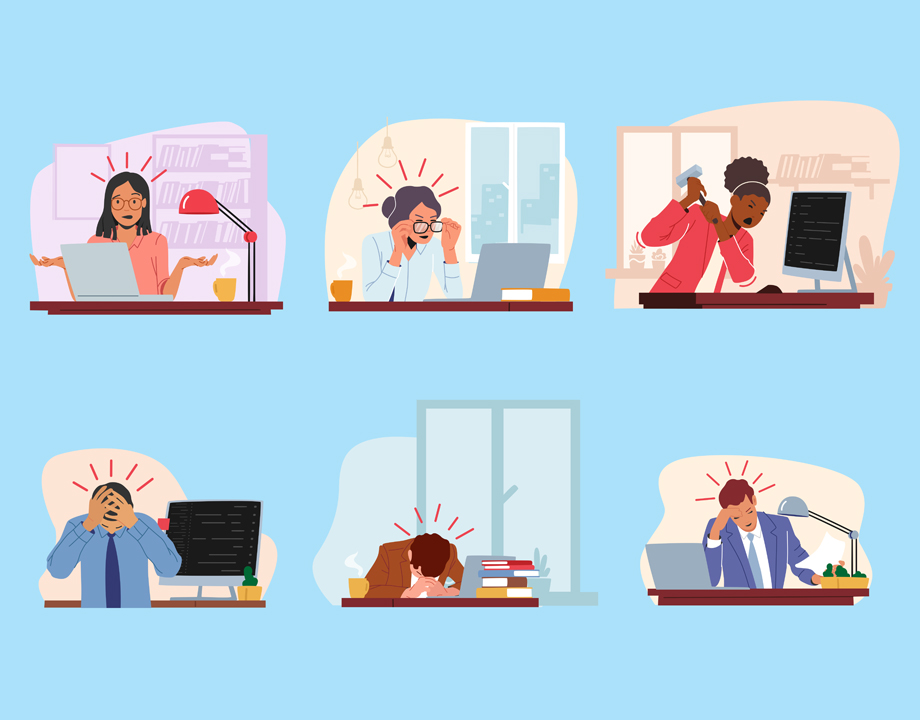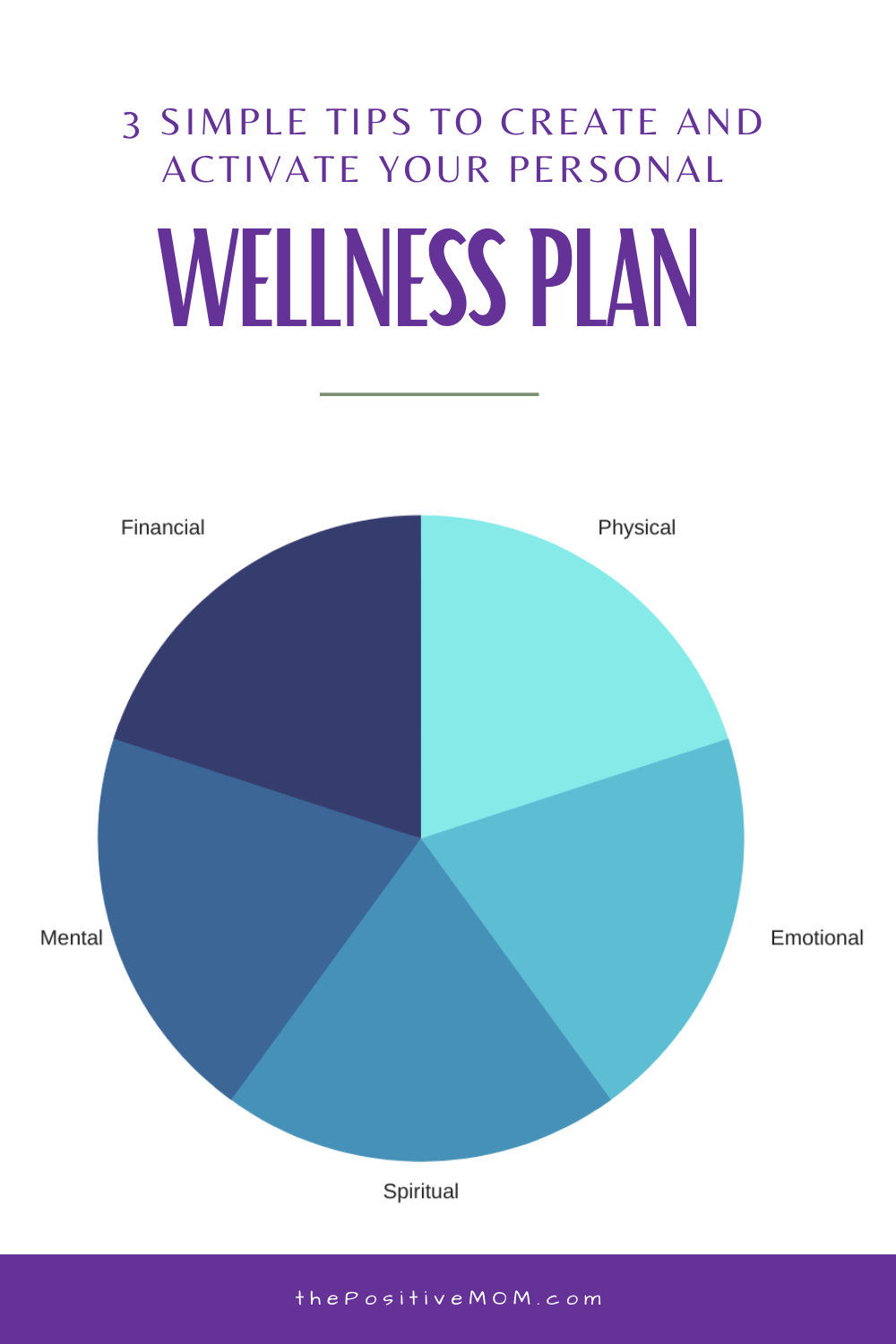Escaping Burnout and Stress: A Mental Health Guide for Business Professionals
The pressure to succeed in the fast-paced business world of today can result in burnout and extreme stress. It's critical for professionals to give their mental health first priority as they balance meetings, deadlines, and leadership responsibilities. This essay provides doable tactics to break free from burnout, recover your wellbeing, and promote a better work-life balance.

Understanding Burnout and Its Causes
What Is Burnout?
Burnout is a state of emotional, physical, and mental exhaustion caused by prolonged stress. It can manifest in various ways, including:
- Chronic Fatigue: Feeling drained and lacking energy even after a good night’s sleep.
- Detachment: Developing a sense of cynicism or disconnection from your work and colleagues.
- Reduced Performance: A noticeable decline in productivity and effectiveness.
Common Causes of Burnout
- Heavy Workload: Excessive demands can lead to feelings of being overwhelmed.
- Lack of Control: Feeling powerless to influence decisions or outcomes in your work can heighten stress.
- Poor Work-Life Balance: Failing to separate personal and professional life often results in neglecting self-care.
Recognizing the Signs of Burnout
Awareness is the first step to recovery. Here are some signs that you may be experiencing burnout:
- Increased Irritability: Feeling more easily frustrated or angry.
- Sleep Issues: Difficulty falling asleep or staying asleep, leading to fatigue.
- Neglecting Responsibilities: Procrastination or avoiding tasks that you once found manageable.
- Physical Symptoms: Headaches, stomach issues, or other stress-related ailments.

Strategies for Escaping Burnout
1. Prioritize Self-Care
Self-care is not a luxury; it’s a necessity. Implementing a self-care routine can significantly reduce stress and prevent burnout.
- Physical Activity: Regular exercise boosts endorphins, enhancing your mood and reducing stress. Aim for at least 30 minutes of physical activity a day, whether it’s a brisk walk, yoga, or hitting the gym.
- Healthy Eating: Nourish your body with balanced meals rich in nutrients. Avoid excessive caffeine and sugar, which can lead to energy crashes.
- Sleep Hygiene: Prioritize quality sleep by establishing a bedtime routine. Aim for 7-9 hours of restful sleep each night.
2. Set Boundaries
Creating boundaries is essential for maintaining work-life balance.
- Designate Work Hours: Clearly define when you’re “on” and “off” work. Communicate these hours to your colleagues and stick to them.
- Unplug After Hours: Resist the temptation to check emails or work messages outside designated work hours. Use tools like email scheduling to prevent late-night work interruptions.
3. Develop Mindfulness Practices
Mindfulness can help you stay present and reduce anxiety. Here are some effective practices:
- Meditation: Spend 5-10 minutes each day practicing mindfulness meditation. Focus on your breath and allow thoughts to come and go without judgment.
- Deep Breathing Exercises: When feeling overwhelmed, take a moment to practice deep breathing. Inhale deeply through your nose, hold for a few seconds, then exhale slowly through your mouth.
- Journaling: Write down your thoughts and feelings. Journaling can help clarify emotions, reduce anxiety, and enhance self-reflection.
4. Seek Support
Don’t hesitate to reach out for help when you need it. Building a support system can make a significant difference.
- Talk to Colleagues: Sharing experiences with trusted colleagues can help normalize feelings of stress and burnout. They may offer insights or coping strategies that worked for them.
- Professional Help: Consider seeking the guidance of a therapist or counselor. Professional support can provide coping strategies tailored to your situation.
- Join Support Groups: Connecting with others facing similar challenges can foster a sense of community and understanding.
5. Reevaluate Your Work Environment
Sometimes, the workplace itself contributes to stress. Assess your environment and make necessary changes.
- Organize Your Workspace: A clutter-free workspace can lead to a clearer mind. Take time to organize and personalize your work area.
- Encourage Open Communication: Promote a culture of transparency and support within your team. Open dialogue can help alleviate stress and foster collaboration.
- Consider Flexible Work Arrangements: If possible, explore options for remote work or flexible hours to enhance work-life balance.
6. Cultivate Hobbies and Interests
Engaging in activities outside of work can provide a much-needed break from daily stressors.
- Explore New Hobbies: Whether it’s painting, hiking, or learning a musical instrument, find activities that bring you joy and fulfillment.
- Volunteer: Helping others can provide a sense of purpose and perspective, combating feelings of burnout.
- Spend Time in Nature: Nature has a calming effect on the mind. Make time for outdoor activities like walking in the park or hiking.

Creating a Long-Term Wellness Plan
1. Set Realistic Goals
Establish achievable goals for your mental health and well-being. This could include committing to exercise three times a week or dedicating time each day to mindfulness practices.
2. Regular Check-Ins
Schedule regular self-assessments to evaluate your mental health and well-being. Reflect on what strategies are working and where adjustments are needed.
3. Continuous Learning
Stay informed about mental health and wellness strategies. Read books, attend workshops, or listen to podcasts on self-care, stress management, and resilience.
Conclusion
Burnout and stress are serious issues that can impact both personal well-being and professional performance. By recognizing the signs of burnout, prioritizing self-care, setting boundaries, and seeking support, you can escape the cycle of stress and reclaim your mental health. Remember, investing in your well-being is not only beneficial for you but also enhances your productivity and effectiveness in the workplace. Embrace these strategies, and take proactive steps towards a healthier, more balanced life.



